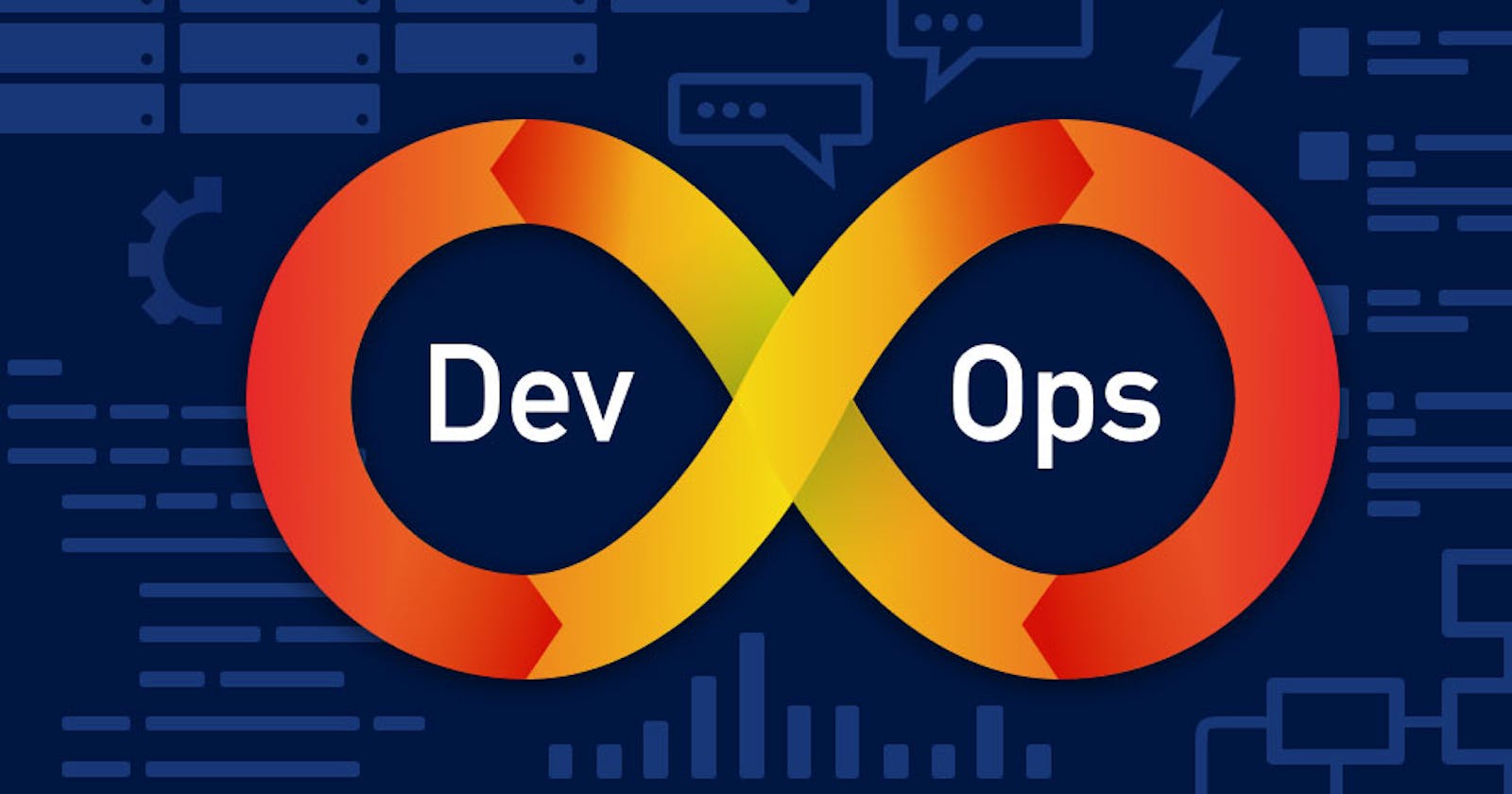Introduction to DevOps
Transforming Software Development and Operations through Collaboration and Automation
What is DevOps?
DevOps, short for Development and Operations, is an approach to software development that emphasizes collaboration, communication, and integration between development teams and IT operations. It aims to break down silos and improve the overall efficiency, quality, and reliability of software delivery.
In a DevOps environment, development teams work closely with operations teams to streamline the software development lifecycle, from planning and coding to testing, deployment, and maintenance. By encouraging a culture of collaboration and shared responsibility, DevOps practices aim to deliver software more frequently, with shorter development cycles, and faster time to market.
What is Automation, Scaling, and Infrastructure?
Automation:
Automation is a crucial aspect of DevOps, enabling teams to reduce manual work, eliminate errors, and improve efficiency. It includes automating tasks like provisioning infrastructure, running tests and deploying code.

Scalability and Efficiency:
DevOps practices, such as infrastructure automation and containerization, allow organizations to scale their infrastructure and applications efficiently, ensuring optimal performance under varying workloads.
Infrastructure as Code (IaC):
Infrastructure as Code allows teams to manage infrastructure resources, such as servers, networks, and storage, using version-controlled code. This approach brings the benefits of reproducibility, scalability, and consistency to infrastructure management.
Why DevOps is Important?
1. Faster Time to Market: By enabling frequent releases and reducing lead time, DevOps helps organizations deliver new features and updates to users more quickly, gaining a competitive edge in the market.
2. Improved Collaboration: DevOps fosters a collaborative culture, breaking down barriers between teams and promoting cross-functional knowledge sharing and problem-solving.
3. Enhanced Quality and Reliability: With automated testing, continuous monitoring, and feedback loops, DevOps helps identify and address issues early in the development process, resulting in higher quality and more reliable software.
4. Reduced Risk: By adopting practices like version control, automated testing, and infrastructure management as code, DevOps reduces the risk of errors, deployment failures, and security vulnerabilities.
In conclusion, DevOps is a transformative approach that combines development and operations to enhance collaboration, streamline software delivery, and drive organizational success. By embracing DevOps principles and practices, organizations can achieve faster development cycles, improved software quality, and increased efficiency in delivering value to their customers.
